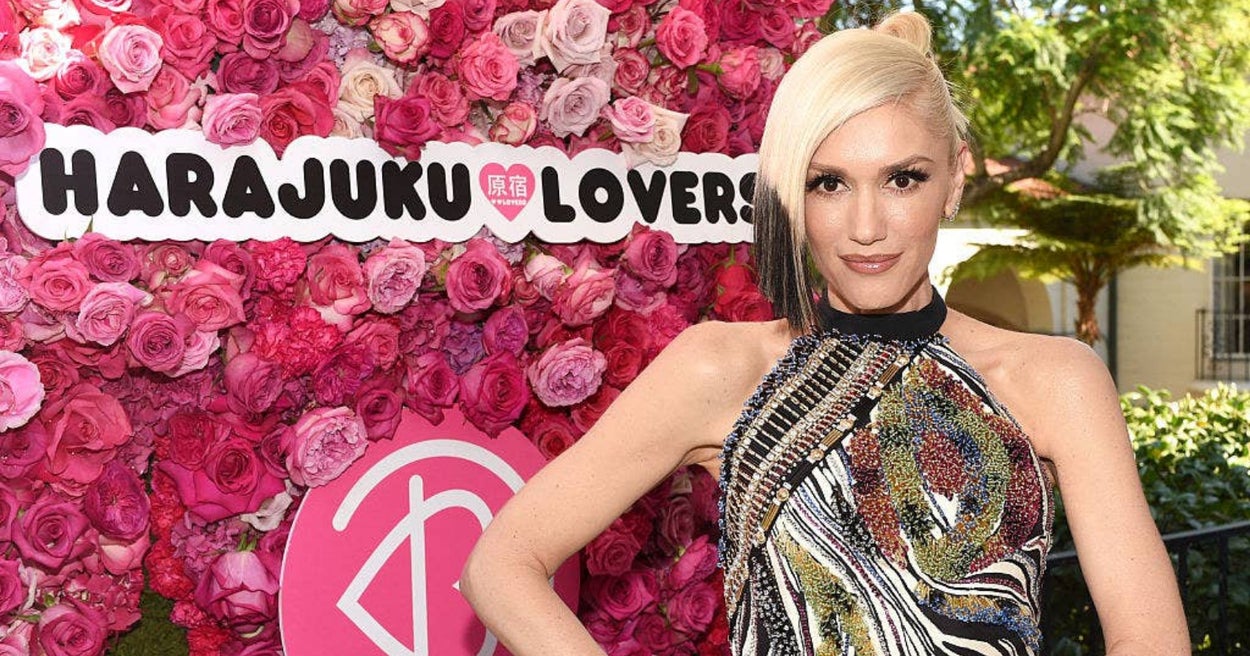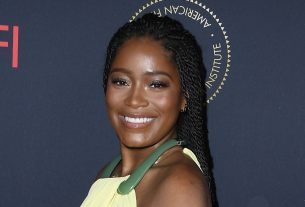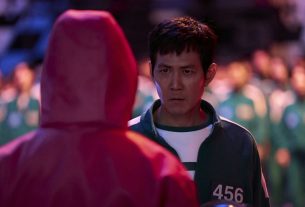During this time, she had a fragrance collection called “Harajuku Lovers” and often featured “Harajuku Girls” — her four Japanese backup dancers — in her videos. She would also frequently reference Japanese culture in a lot of her work.
And because of this, many people — then and now — have used her as a prime example of cultural appropriation.
So the Allure interviewer asked Gwen what she had learned from it all. But the Grammy-winning singer gave a rather bizarre answer. The interviewer said, “[Gwen] responded by telling me a story she’s shared with the press before about her father’s job at Yamaha, which had him traveling between their home in California and Japan for 18 years.”
Here’s what Gwen told the Allure interviewer: “That was my Japanese influence and that was a culture that was so rich with tradition, yet so futuristic [with] so much attention to art and detail and discipline, and it was fascinating to me.”
After traveling back as an adult, where she was able to more fully enmesh herself in the culture, Gwen said, “I said, ‘My God, I’m Japanese and I didn’t know it.’ I am, you know.”
“If [people are] going to criticize me for being a fan of something beautiful and sharing that, then I just think that doesn’t feel right. I think it was a beautiful time of creativity — a time of the ping-pong match between Harajuku culture and American culture,” Gwen said. “[It] should be okay to be inspired by other cultures because if we’re not allowed, then that’s dividing people, right?”
Some people were perplexed and upset by her comments:
Well, I certainly didn’t have Gwen Stefani declaring, “I’m Japanese!” on my 2023 bingo card. https://t.co/6VCOkOYlCv
Gwen Stefani saying “My god, I’m Japanese” is so cringe. @gwenstefani maam. You are not Japanese. You are not Asian like us You are not a minority like us. Being a superfan of Asian culture does not make you one of us STOP
Others defended her:
@PopBase I don’t know who needs to hear this, but we not gonna cancel Gwen Stefani for any forms of cultural appropriation. She did it perfectly and actually included cultured in her music and gave it representation and she will forever be mother for that. Bye
You can read Gwen’s full interview here.



